It’s hard not to feel jaded when you’ve been grinding on Upwork for years. Despite keeping a top-rated profile and a flawless 100% job success score, the landscape of opportunities has drastically shifted. In my countless chats with fellow freelancers—and combing through community feeds, scam alerts, and deep dives into client reviews—the picture is as grim as it is frustrating. Is it just me, or is Upwork slowly dying under the weight of fake ads, scams, and an ecosystem that seems to reward arbitrariness over quality?
In this article, I’ll pull together everything we’ve discussed over time, what various feeds have told us, and my own candid vision on the matter. Buckle up, because I’m not holding back.
The Slow Death of Quality
Remember the days when Upwork felt like a goldmine for freelancers—a platform where genuine clients posted interesting projects and fair pay was the norm? Those days are rapidly receding into the background. Over the past several months, even top-rated freelancers have been witnessing a decline in the quality of job posts. Instead of substantial projects, what’s coming through now are deep fake ads, bogus job listings, and opportunities that barely pay enough to justify the time spent.
Several voices in our community have echoed this sentiment. Our conversations have repeatedly highlighted how a growing number of job postings appear to be either outright scams or misleading bait-and-switch tactics. Clients who once paid well for expertise now seem to be scraping the bottom of the barrel—offering rates that are, frankly, insulting. In an environment where every gig feels like a roll of the dice, it’s no wonder many of us are questioning the viability of sticking with Upwork.
The Scam Epidemic: Fake Ads and Phony Offers
One of the most recurrent themes in our discussions is the surge in scams. Freelancers are being bombarded with ads that look slick on the surface but are nothing more than elaborate traps designed to steal time, money, and sometimes even sensitive information. Whether it’s deep fake job listings or messages that seem too good to be true, the scam epidemic is real and growing.
Every time I sift through the job board, I’m met with a mix of legitimate posts muddled with a slew of lowball offers and outright deceptions. And trust me, it’s not just a few isolated incidents. The platforms—both within Upwork and in the wider freelancing community—are rife with warnings. Some freelancers have even reported that these fake postings are so well-crafted that they can easily fool even the most experienced among us. This isn’t just a minor annoyance; it’s a full-blown crisis of trust that’s undermining the very foundation of freelance work.
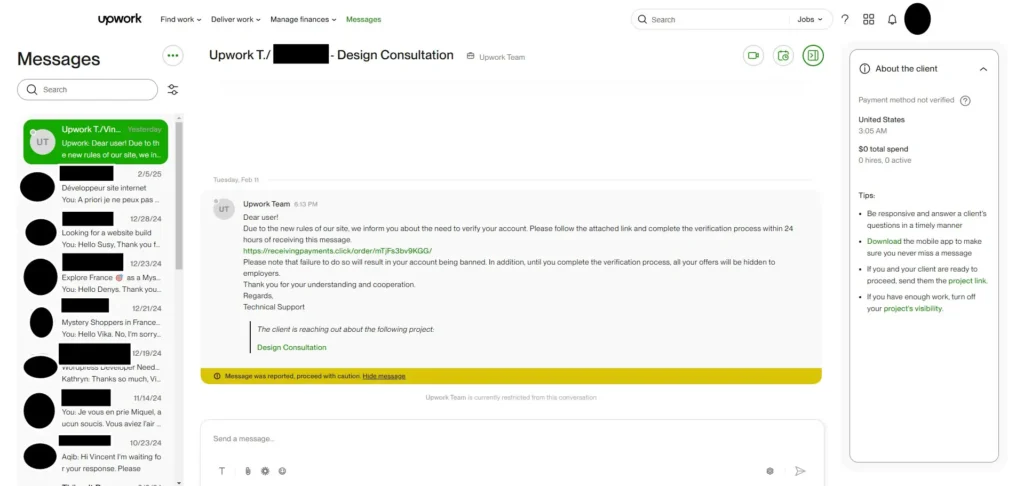
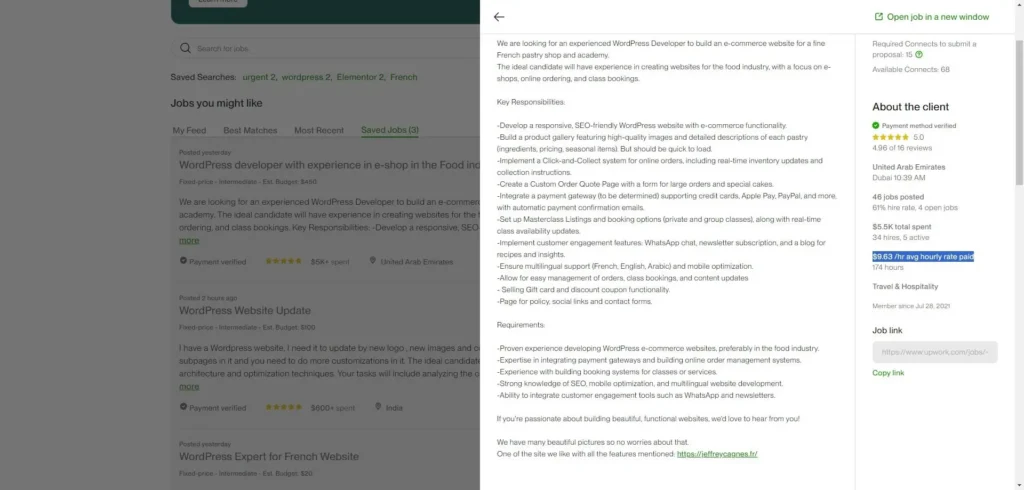
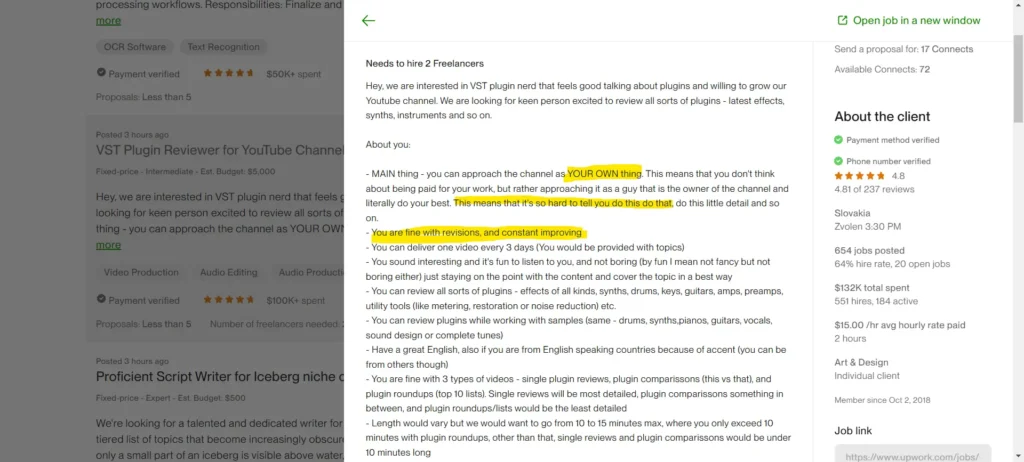
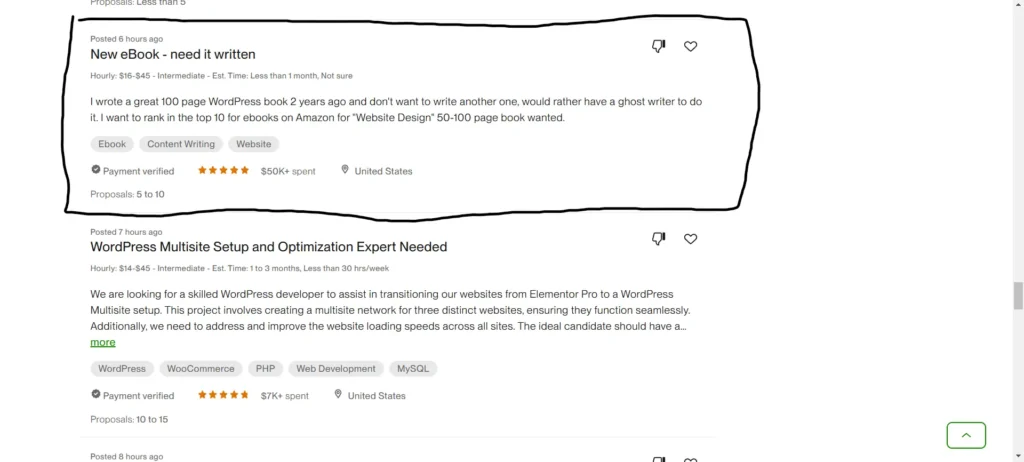
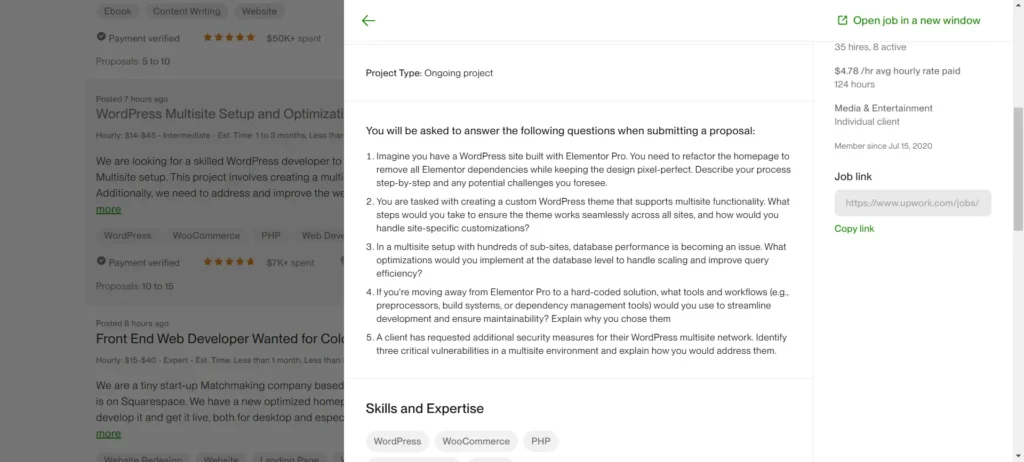
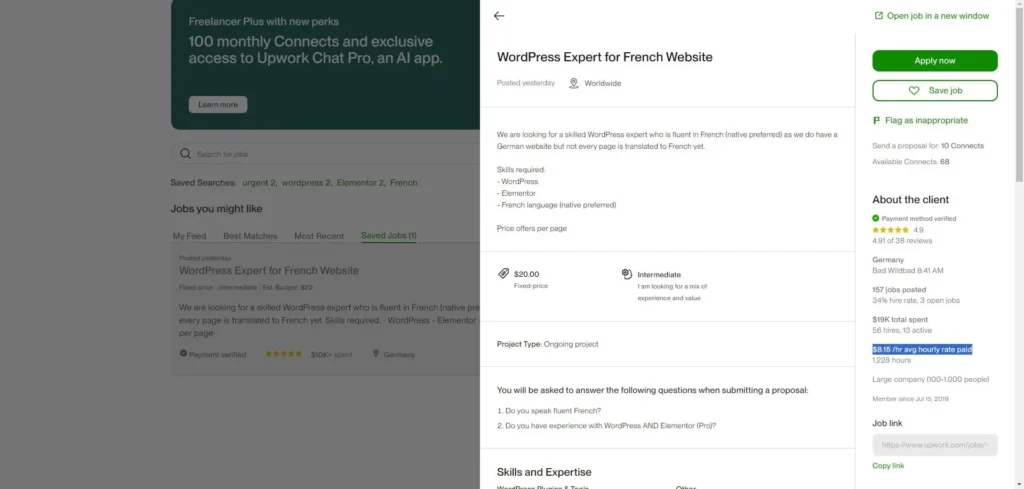
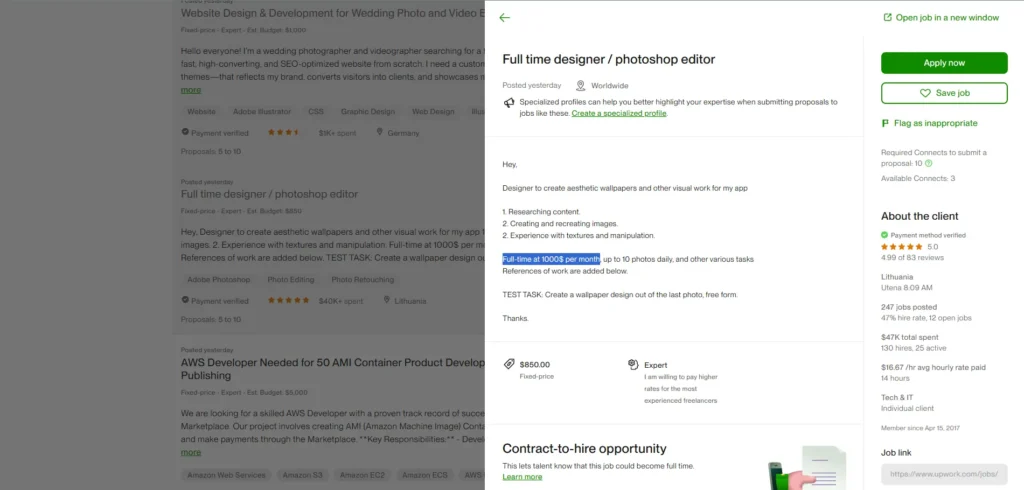
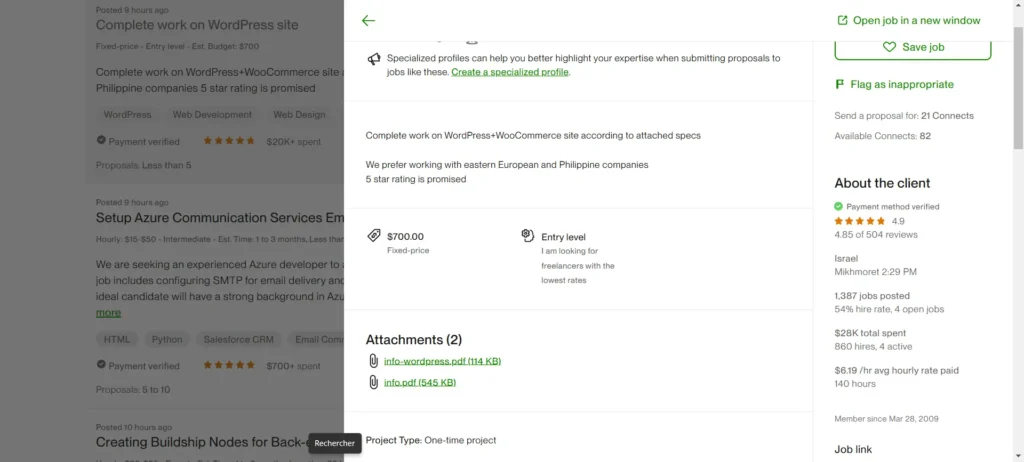
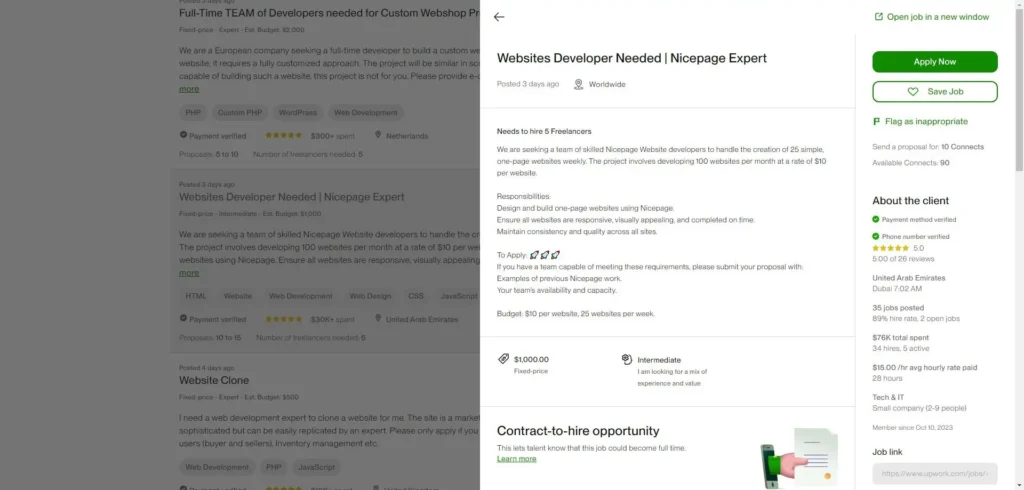
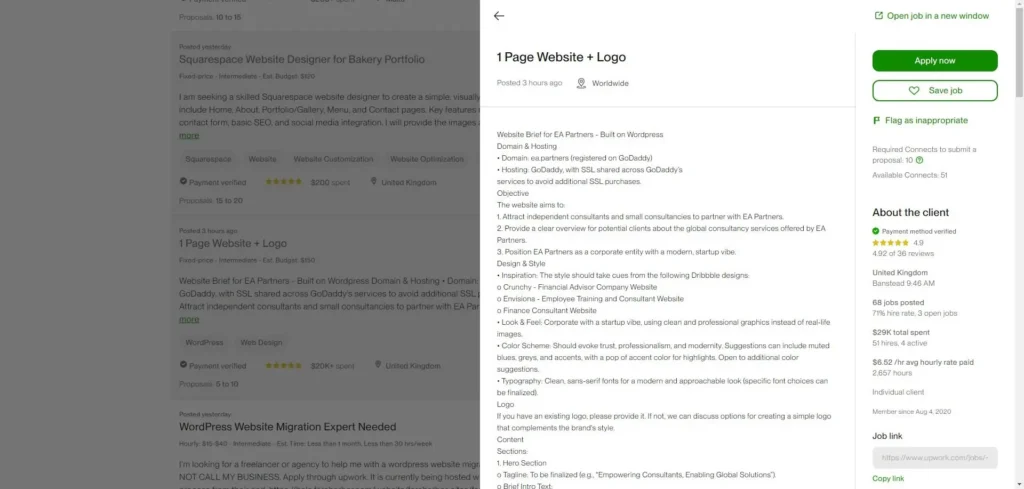
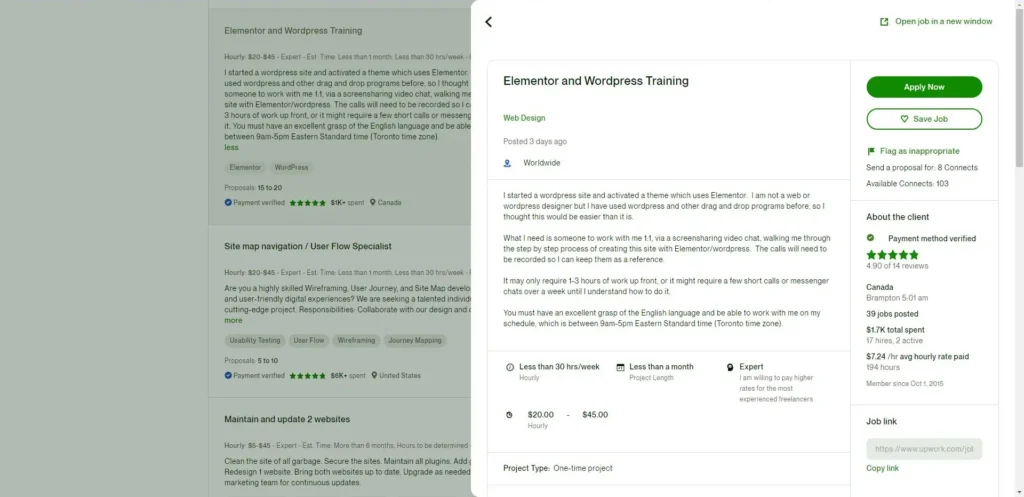
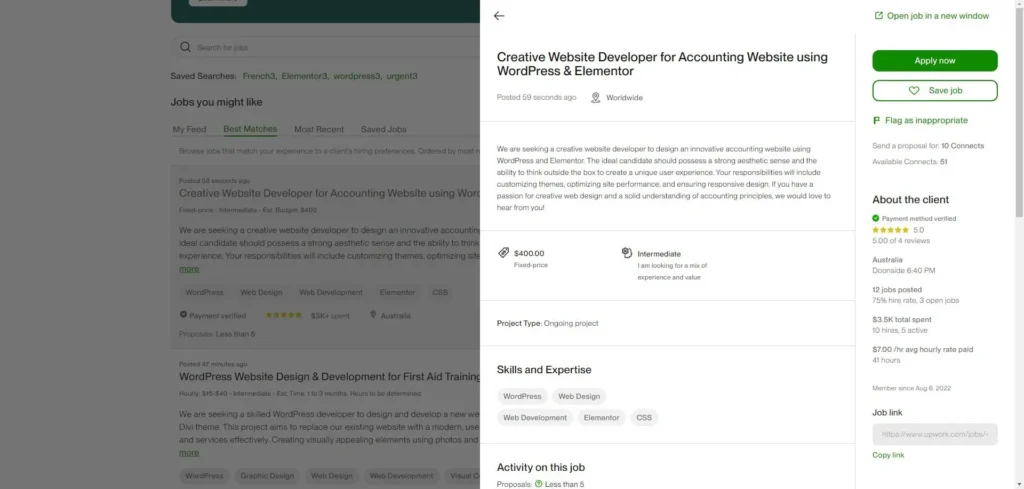
Support That’s Nowhere to Be Found
If you’ve ever had the misfortune of needing help from Upwork’s support, you know the drill: endless chatbots and automated responses with no human intervention. There’s no direct line to a real person who can actually understand and address your concerns. In our many conversations, this issue has come up time and again as one of the most exasperating aspects of the platform.
Imagine encountering a scam, or worse, dealing with an arbitrarily low job success score despite your hard work and stellar client feedback. You reach out for help, only to be met with a labyrinth of automated responses that lead nowhere. The lack of accessible, human customer support leaves freelancers in a lurch, forced to fend for ourselves in an increasingly hostile environment. And this isn’t a one-off problem—it’s become a systemic issue that has alienated many of us who once believed in the platform’s promise.
The Arbitrary Nature of Job Success Scores
One of the most baffling and infuriating aspects of the current Upwork ecosystem is the job success score. What was once a metric that, in theory, should reflect a freelancer’s quality and reliability, now seems completely random and arbitrary. Our chats are full of tales where hard work, positive feedback, and years of consistent performance still result in a score that appears to have little connection to actual results.
This randomization not only demotivates freelancers but also disrupts the trust in a system that is supposed to reward dedication and skill. When you’ve spent years building your reputation, only to have it potentially undone by an algorithm that seems to work on whims, it’s hard not to feel disillusioned. The job success score, which used to be a badge of honor, now serves as a cruel reminder of how the system has evolved—or rather, devolved.
A Glimpse at the Bigger Picture
Let’s step back for a moment. Upwork, once a revolutionary platform that democratized access to work for millions around the globe, now appears to be struggling under its own weight. The platform that once promised opportunities and fair play now feels more like a battleground—a wild west where the rules have become murky, and the odds are stacked against the diligent freelancer.
Many of our discussions point out that this isn’t an isolated phenomenon. It’s part of a broader trend within the gig economy, where market saturation, technological mishaps, and a relentless race to the bottom in pricing are creating an environment that’s increasingly hostile to quality work. When every new gig is shadowed by the fear of scams or the anxiety over an unjust job success rating, it becomes clear that the system is failing in its core mission.
The evidence from community forums, industry reports, and our own lived experiences paint a picture of a platform that’s lost its way. There’s a growing consensus that Upwork’s management has shifted focus—from nurturing a balanced ecosystem to chasing higher volumes, even if that means compromising on quality and fairness. And for those of us who have dedicated years to this platform, that shift feels like a betrayal.
The Need for Diversification: Beyond Upwork
So, what’s the alternative? If Upwork has become a haven for scams and arbitrary evaluations, then relying solely on it for freelance work might be a mistake. Many freelancers we’ve spoken to—and I’ve seen this echoed time and again in my own experience—are now diversifying their sources of income. From exploring platforms like Fiverr and Toptal to investing time in direct outreach and building personal brands, the consensus is clear: don’t put all your eggs in one basket.
This isn’t just about survival; it’s about reclaiming control over your freelance career. When a platform no longer values quality, it’s essential to branch out, develop your own network, and create channels where your work is truly valued. It’s a call to arms for every freelancer to think beyond the constraints of a single ecosystem and to forge paths that honor their skills, time, and dedication.
My Vision: A Call for a New Standard
In piecing together the mosaic of conversations, community feedback, and industry trends, here’s my take: Upwork is at a crossroads. It once stood as a beacon of opportunity, but now, with its unchecked issues—from scam-laden job posts to a support system that’s virtually non-existent—it’s losing its luster.
What we need is a fundamental shift in how platforms like Upwork operate. There should be a transparent, fair system that actually reflects a freelancer’s hard work rather than punishing them with arbitrary metrics. Real human support must replace the endless loops of automated responses. Trust, once broken, can only be rebuilt with accountability and genuine commitment to the community.
I envision a freelance ecosystem where platforms are more than just intermediaries—they’re partners in success. An ideal platform would actively police scams, reward quality work, and provide accessible, real-time support. It would operate on principles of fairness, transparency, and mutual respect. Until then, freelancers must be vigilant, adaptive, and, most importantly, ready to look beyond platforms that no longer serve our best interests.
Final Thoughts
To wrap it all up: Is Upwork dead? It might not be entirely dead, but it sure feels like it’s gasping for breath. The platform that once provided endless opportunities now seems to be a shadow of its former self, riddled with deep fake ads, scams, and an evaluation system that feels random and arbitrary. And if that wasn’t enough, the fact that there’s virtually no human support available when things go wrong only adds salt to the wound.
For anyone still navigating Upwork’s murky waters, it’s time to be extra cautious. Don’t hesitate to look for alternative channels and diversify your income streams. And for the management over at Upwork: It’s high time to listen to your community, clean up the mess, and bring back the standards that once made your platform a lifeline for millions of freelancers worldwide.
The freelance world is evolving, and while Upwork might still have a role to play, its current trajectory demands a serious rethink. We’re not just talking about a few tweaks here and there; we’re talking about a fundamental overhaul of the system—a reinvention that prioritizes quality, transparency, and real human connection over algorithmic randomness and profit-chasing at any cost.
This isn’t just a rant; it’s a call for change—a plea from those of us who have dedicated years to the craft and the hustle. The time has come to push back against a system that no longer reflects the values of hard work and genuine collaboration. Upwork, and platforms like it, must evolve to meet the real needs of freelancers, or risk becoming relics of a bygone era.
Stay sharp, stay diversified, and never settle for less than what your skills deserve.
